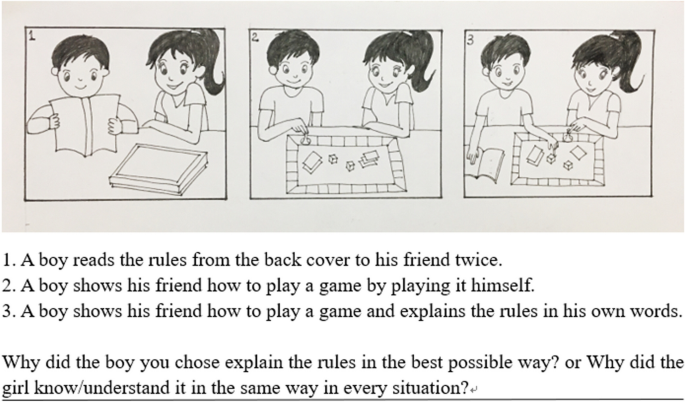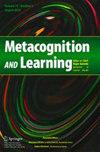Ethnic minority multilingual young learners’ longitudinal development of metacognitive knowledge and breadth of vocabulary knowledge
IF 4.8
2区 教育学
Q1 EDUCATION & EDUCATIONAL RESEARCH
引用次数: 0
Abstract
Abstract Ethnolinguistic minority students may have lower levels of metacognitive knowledge and English vocabulary knowledge than non-minority students. Nevertheless, few longitudinal studies have examined their growth trajectories of metacognitive knowledge and English vocabulary knowledge over time. Drawing upon a latent growth curve model, the present study aims to contrast two groups of students’ growth trajectories in metacognitive knowledge and breadth of English vocabulary knowledge: with a sample of 115 ethnolinguistic Yao minority and 108 ethnolinguistic majority Han students. The results showed that both groups improved their metacognitive knowledge and breadth of English vocabulary knowledge from third grade to sixth grade in a cumulative trend. Metacognitive knowledge predicted the breadth of English vocabulary knowledge throughout the examined school years. The results also highlighted differences in the students’ development of metacognitive knowledge and breadth of English vocabulary knowledge. The ethnolinguistic Yao minority students lagged behind their ethnolinguistic majority Han counterparts. The findings suggest a need for pedagogical interventions to enhance ethnolinguistic minority students’ metacognitive knowledge and English vocabulary knowledge.

少数民族多语青年学习者元认知知识和词汇知识广度的纵向发展
少数民族语言学生的元认知知识和英语词汇知识水平可能低于非少数民族学生。然而,很少有纵向研究考察他们的元认知知识和英语词汇知识随时间的增长轨迹。本研究利用潜在增长曲线模型,以115名少数民族瑶族学生和108名少数民族汉族学生为样本,对比两组学生在元认知知识和英语词汇知识广度方面的增长轨迹。结果表明,两组学生在三年级至六年级的元认知知识和英语词汇知识广度均有累积性提高。元认知知识预测了整个被试学年的英语词汇知识广度。结果还显示了学生在元认知知识发展和英语词汇知识广度方面的差异。少数民族瑶族学生落后于少数民族汉族学生。研究结果表明,需要通过教学干预来提高少数民族学生的元认知知识和英语词汇知识。
本文章由计算机程序翻译,如有差异,请以英文原文为准。
求助全文
约1分钟内获得全文
求助全文
来源期刊

Metacognition and Learning
Multiple-
CiteScore
6.20
自引率
15.20%
发文量
39
期刊介绍:
The journal "Metacognition and Learning" addresses various components of metacognition, such as metacognitive awareness, experiences, knowledge, and executive skills.
Both general metacognition as well as domain-specific metacognitions in various task domains (mathematics, physics, reading, writing etc.) are considered. Papers may address fundamental theoretical issues, measurement issues regarding both quantitative and qualitative methods, as well as empirical studies about individual differences in metacognition, relations with other learner characteristics and learning strategies, developmental issues, the training of metacognition components in learning, and the teacher’s role in metacognition training. Studies highlighting the role of metacognition in self- or co-regulated learning as well as its relations with motivation and affect are also welcomed.
Submitted papers are judged on theoretical relevance, methodological thoroughness, and appeal to an international audience. The journal aims for a high academic standard with relevance to the field of educational practices.
One restriction is that papers should pertain to the role of metacognition in learning situations. Self-regulation in clinical settings, such as coping with phobia or anxiety outside learning situations, is beyond the scope of the journal.
 求助内容:
求助内容: 应助结果提醒方式:
应助结果提醒方式:


